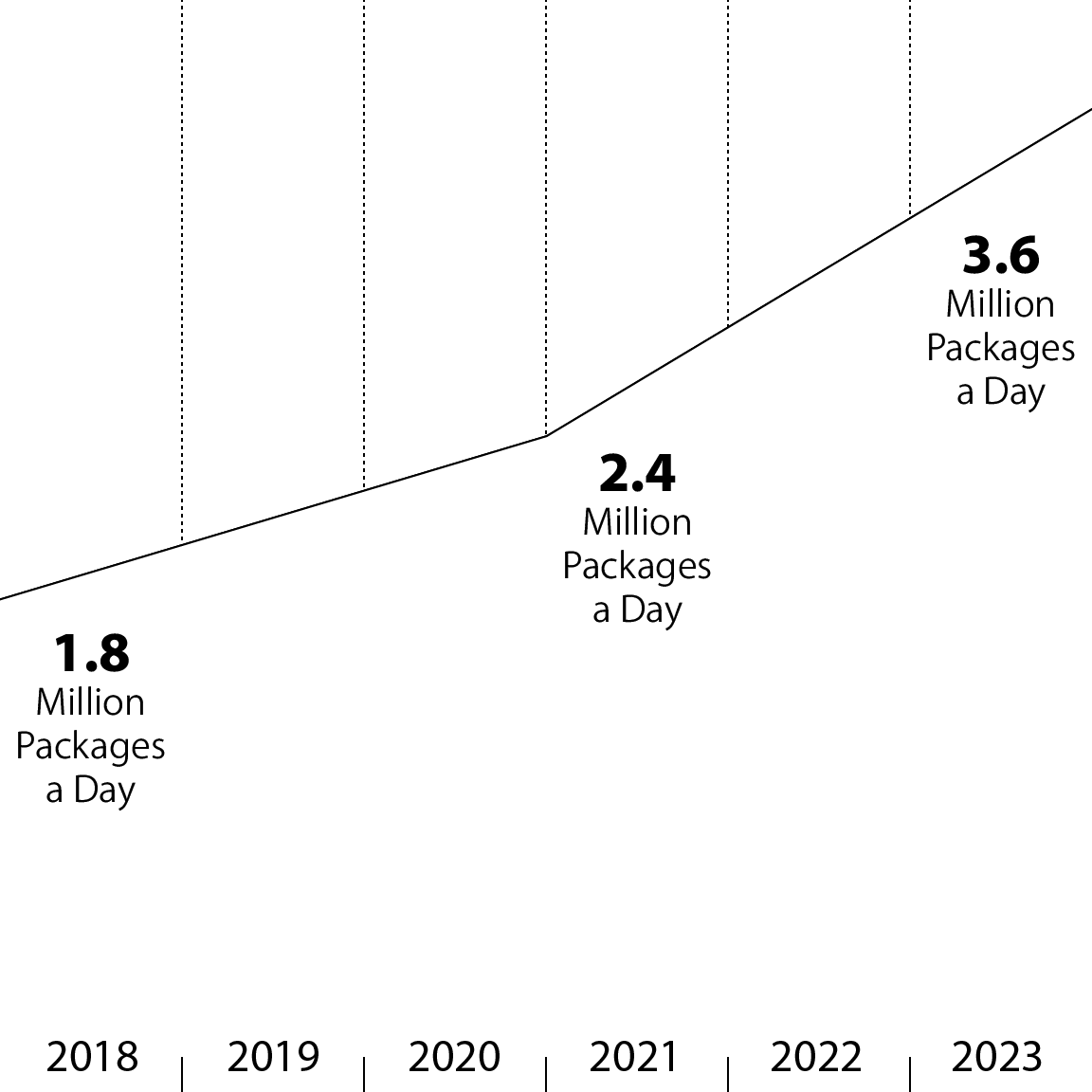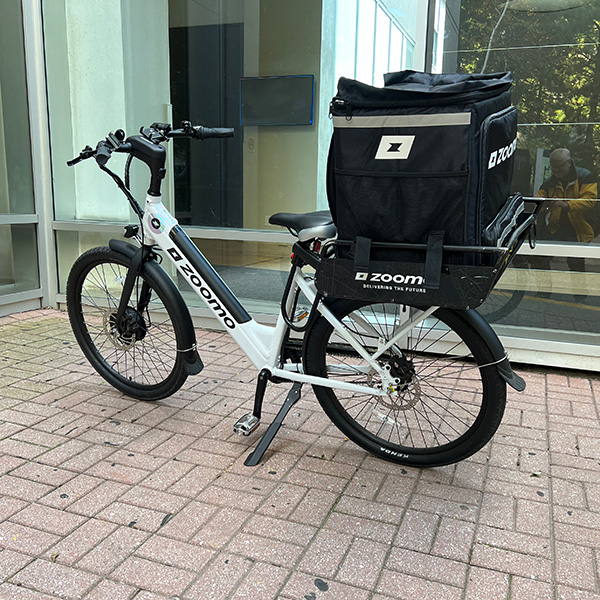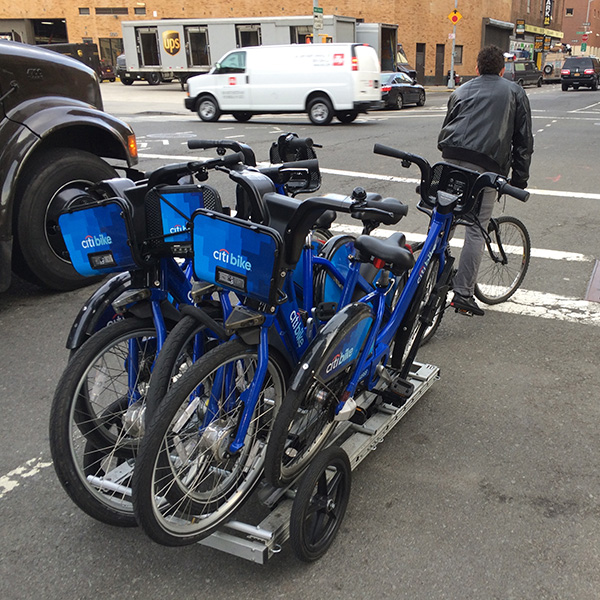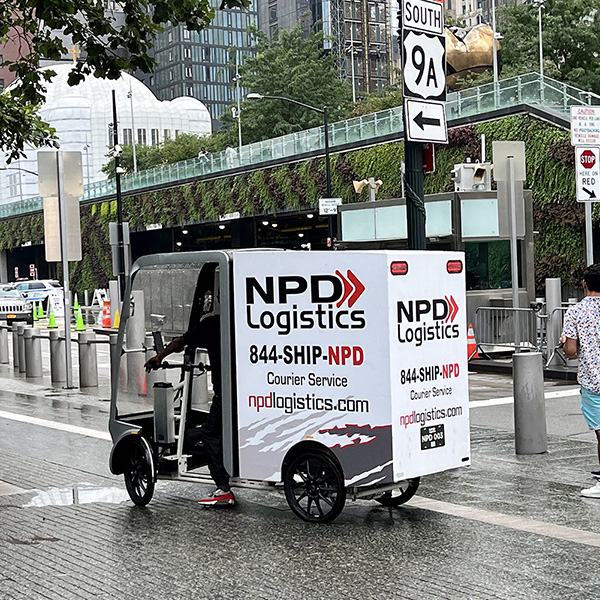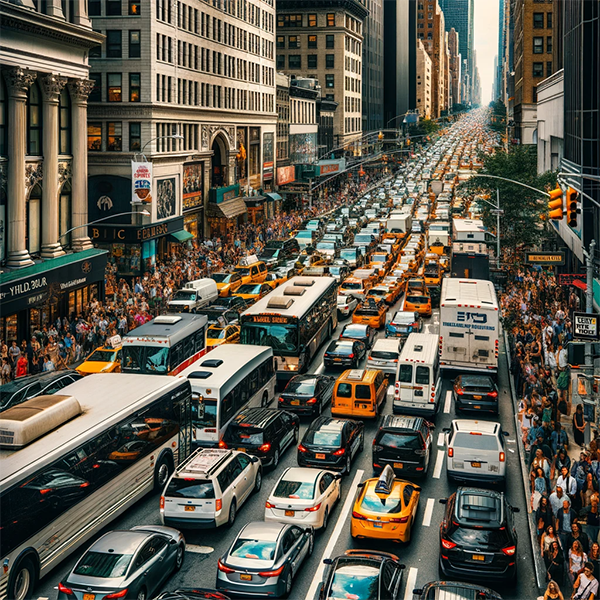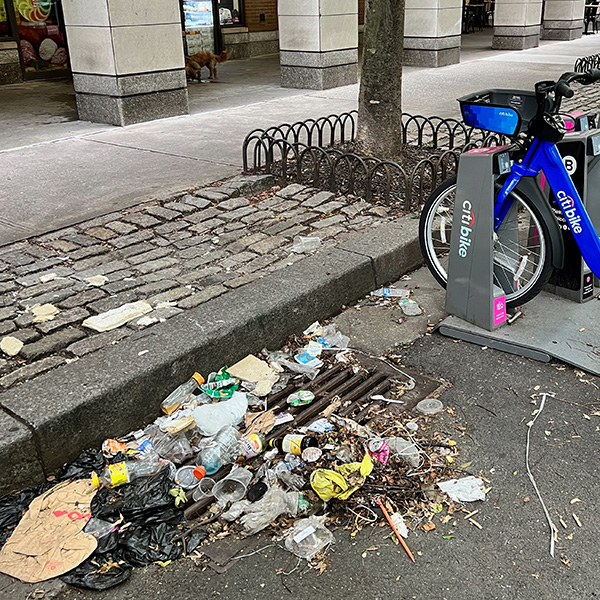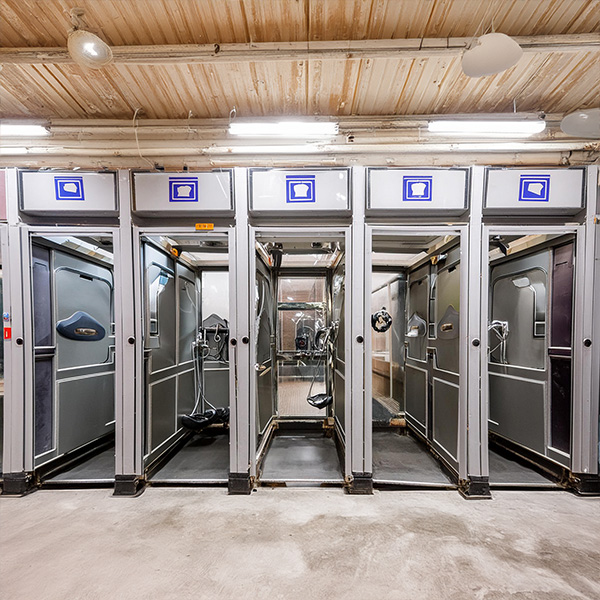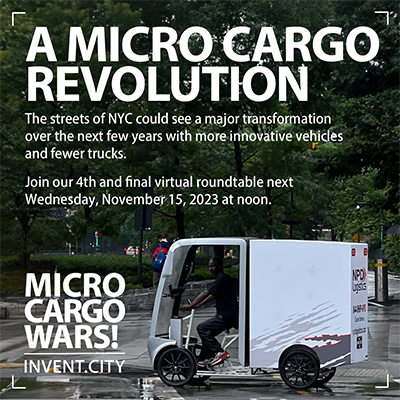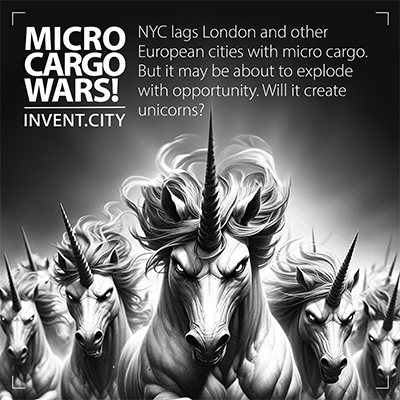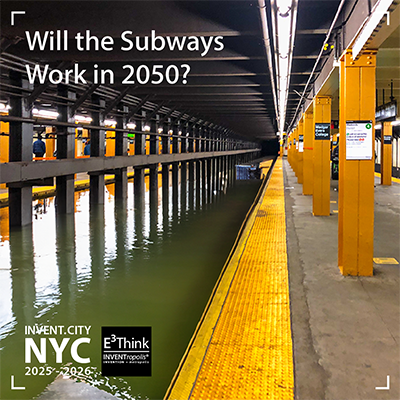A NETWORK OF URBAN HUBS
IS AN OPERATIONAL PREREQUISITE
Cities have networks of libraries, schools, police and fire departments, what is needed especially in NYC is a network of facilities to support other critical needs. Urban Hubs is a proposal for such a network designed to tackle challenges related to micro cargo, micro transit, waste management, and public sanitation. Ultimately, Urban Hubs will be the operational backbone of Carbon Zero City.
Financially, Urban Hubs could occupy vacant retail space which at present is running about 22% in Lower Manhattan. Furthermore, there are related examples where such facilities could be sponsorable.


